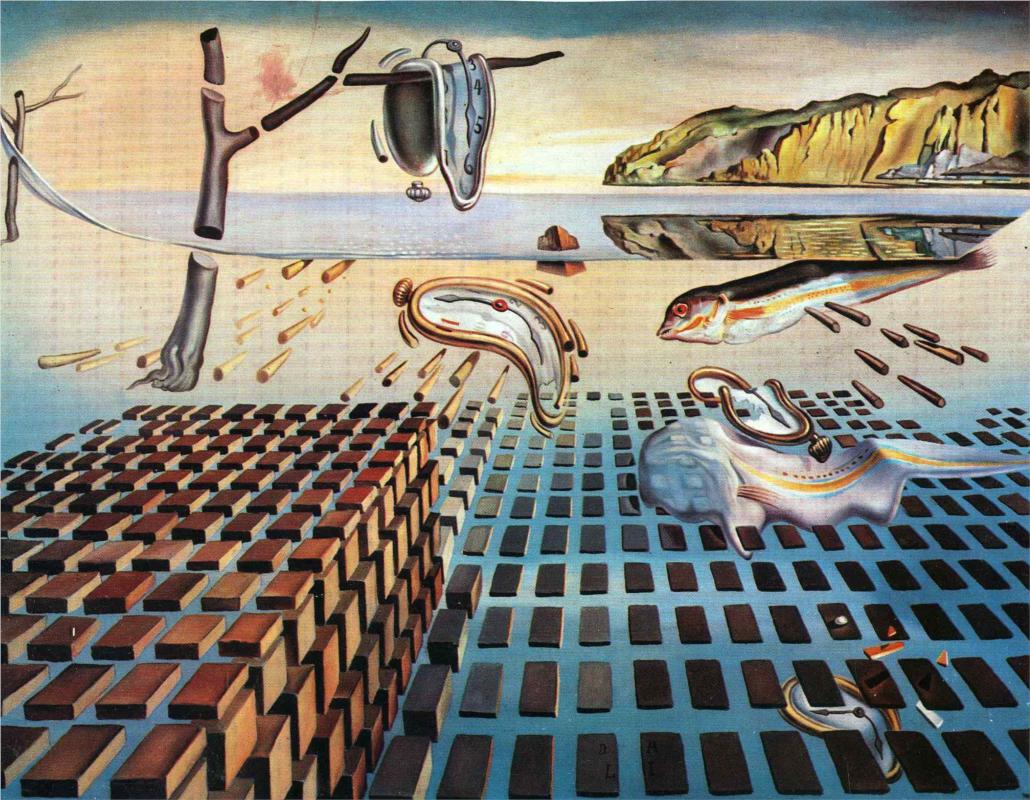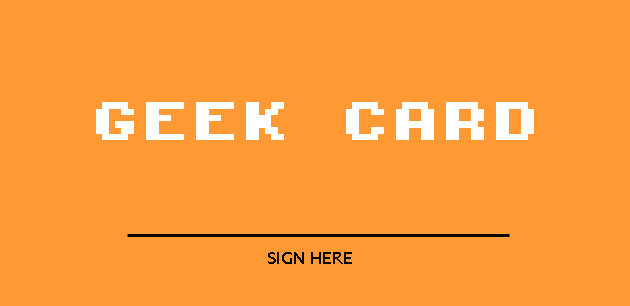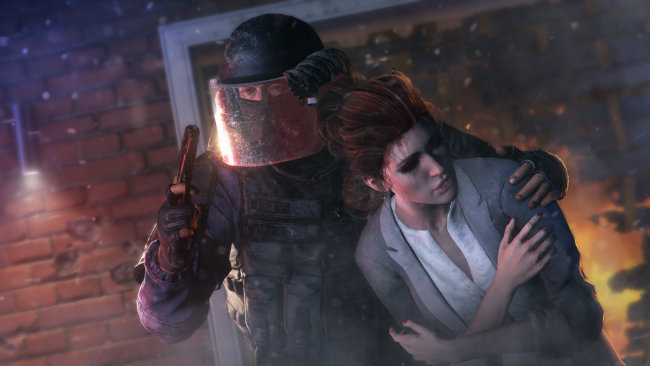It’s been that kind of week in this country. The kind that make you question which century we are actually living in. But, don’t worry, the events of this week are not what I am going to write about today. At least not directly. Bear with me and let’s see how this ride ends.
I don’t have the strength to talk about Trayvon Martin. There is too much raw there on too many different levels, but one thing that I have done this week is to use his loss (and that of his parents) to contextualize a lot of things for myself. Please do not read that as trivialize, but really to try to make some sense of the broader world around us and to understand what our place and role is in it. Not Your Mama’s Gamer has been around for 3 glorious years now. And for 3 years we have been talking about sex, race, class, sexual orientation, and any number of other things. And for 3 years I have been questioned as a Black woman, mother, scholar, and gamer. And I’m fine with that. In many ways, by deciding to do NYMG I signed up for that. I knew for the beginning what the climate was in tech circles for women and minorities and I fill so many of those bubbles that it’s kind of funny at times.
One thing that NYMG has helped me to think through is how all of those intersecting bubbles affect each other both positively and negatively (for me and for my family). Recently when it was discovered that I had thrown my monetary (and hopefully one day volunteer support) behind the organization Black Girls Code I was asked (none to accusingly) why I didn’t just support Girls Who Code instead (even though I support them as well), especially considering the fact that my daughter is not a Black girl. Well, my answer to that question is twofold. First, my daughter’s Mama is and will always be a Black girl. A Black girl who didn’t have the chance to code when she was younger. One who didn’t have a technogeeky mentor or a role model that looked like her. A Black girl who has grown into a Black woman who recognizes that there is power in code. Not as code itself but as a tool to make, build, and create worlds and things. And, possibly, most importantly a Black girl that still has to prove herself to other non-Black, non-girls simply because she is.
Second, my daughter may one day want to work in the tech industry. (Right now she says that she wants to be a teacher like her Mama, but she also expresses a desire to fix games that she sees as being lacking. Or maybe she will really be a warrior fairy princess.) And if she does decided to work in the tech industry (or hell even continue to be a gamer or a generic user of technology) the world that she lives in and the technologies that she interacts with can only be improved by fair and equitable treatment (and presence) of all kinds of people. Women and men, Black, White, Asian, Hispanic, Native American, Arabic. Gay, straight, trans, questioning. You friggin’ name it.
Diversity, equality, and basic human decency will be the thing that makes her world a richer place. A world where she doesn’t have to ask why Mama can’t make her Animal Crossing character look like herself (without leaving her in the sun for hours on end). A world where we don’t have to question why in the hell all the antagonists in games like The Last of Us or films like the Lego Clutch Adams sound like voice-over rejects from 1980s blaxploitation films. A world where being simultaneously Black and male is not an automatic marker of criminality. And, for me, all of this starts with looking at ways that I can make sure that my child (and others regardless of race, class, or sex) can grow up and live in a world where we recognize the worth of all people for who they are and not the stereotypes that are constructed around them.
So the next time anyone decides to question my parenting skills or why I talk about issues of race, gender, or sexual orientation (or attempts to troll me because of it) I can only say, “Bring it!”, because we may both just learn something in the process.





2 thoughts on “Generating Code: On Diversity and Power”